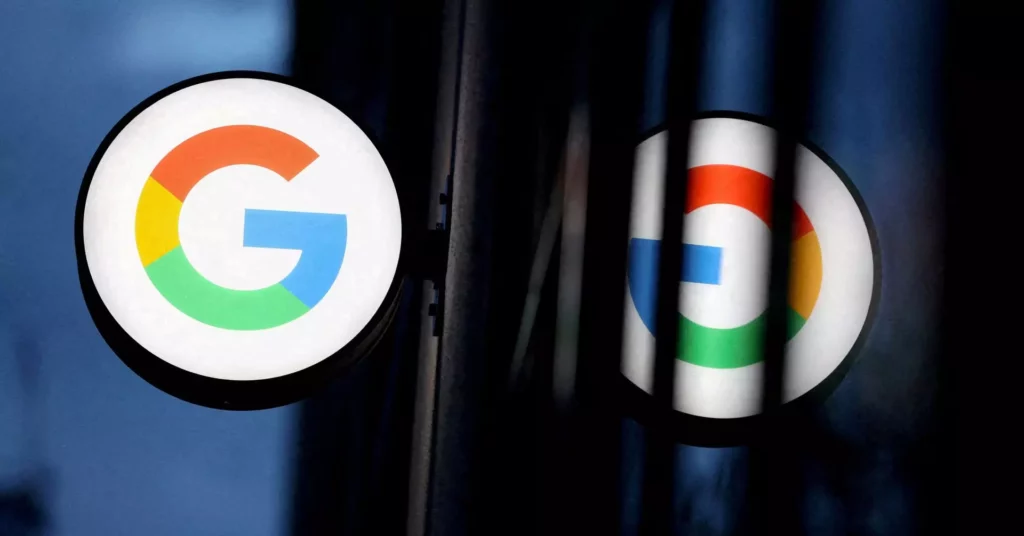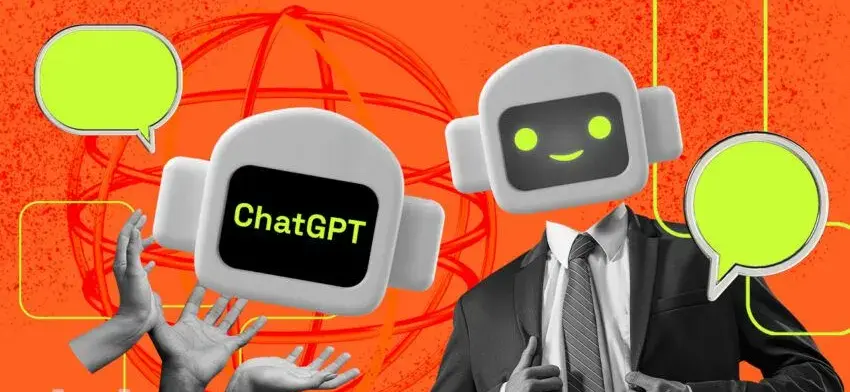The internet is abuzz with discussions about why Google Bard sucks, but it’s important to acknowledge that chatbots like Bard hold great promise for revolutionizing various industries. However, it’s crucial to recognize that they have their fair share of limitations and issues. Users have been vocal about their frustrations with Bard, pointing out inaccuracies and restrictions and expressing concerns about privacy and data security. Let us find out why Google Bard Sucks is all over the internet.
Users are testing Bard to its limit and trying to find out its limitations. Bard character limit, or Is Google Bard open source there are so many questions in the minds of users. Numerous users have encountered instances where Google Bard’s accuracy and reliability have been called into question. Users have shared experiences where Google Bard delivered inaccurate information or responses that lacked relevance to their queries. Furthermore, some users have observed that Google Bard struggles to grasp the subtleties of human language, resulting in nonsensical or confusing responses.
Keep reading to figure out why users are saying Google Bard Sucks and if we can find out the ways to improve it. Let us dive into the trending phrase out there about Bard.
In This Article
Why Google Bard Sucks?
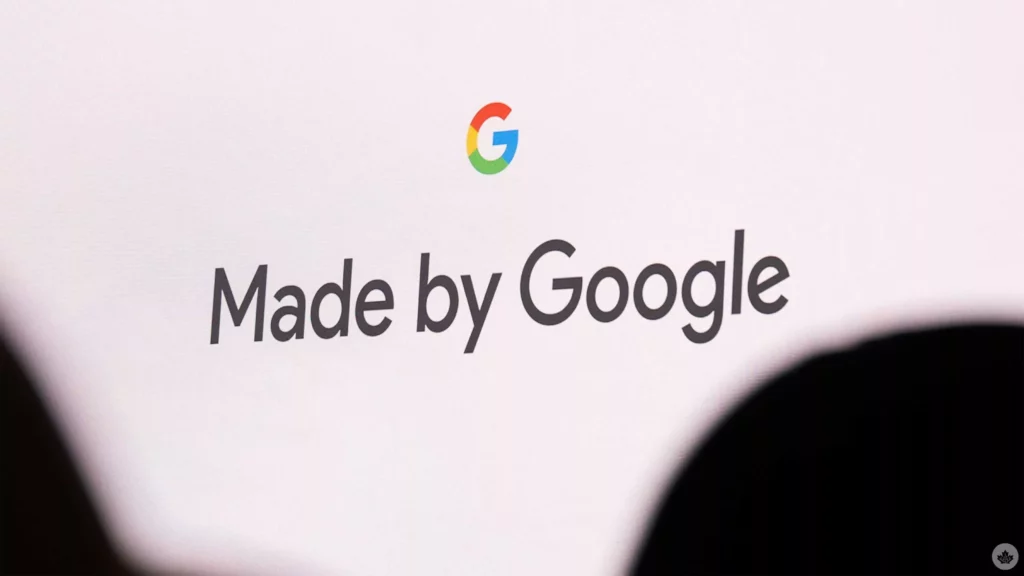
The Google Bard Sucks is all over the internet due to some reason. Mainly it is because of the inaccuracy and confusing results that Bard has been providing its users. Some of the prominent reasons why Google Bard sucks are:
1. Google Bard Constraints
The limitations of Google Bard, similar to other chatbots, stem from inherent constraints in the technology itself. One significant limitation is the chatbot’s difficulty in understanding context. While they can generate responses based on specific keywords or phrases, chatbots often lack the ability to grasp the broader context of a user’s query. As a consequence, users may receive inaccurate or irrelevant responses.
Another notable limitation is the struggle of chatbots to comprehend the nuances of human language. Factors such as sarcasm, humor, or implied meaning can pose challenges for chatbots, leading to confusion or misinterpretation of user input. This limitation can hinder effective communication and frustrate users who expect a more human-like understanding.
Furthermore, chatbots encounter difficulties when it comes to handling complex queries. Their capabilities are primarily tailored for simple inquiries, and they may struggle to provide comprehensive or accurate responses to queries that require deeper analysis or understanding. This limitation can result in chatbots providing incomplete or incorrect information, leaving users dissatisfied or seeking alternative sources for their needs.
2. Incorrect Information

One of the main complaints about Google Bard, as well as other chatbots, is that they often provide information that is not trustworthy or reliable. This issue arises because chatbots have difficulty discerning between accurate and inaccurate information, just like humans do.
Furthermore, chatbots have limitations in recognizing biases or inaccuracies in the data they rely on to generate responses. This means that there are occasions when chatbots unintentionally offer information that is biased or incorrect, potentially causing harm or leading users astray. It is essential to address these challenges and improve chatbot technology to ensure users receive accurate and reliable information.
3. Privacy Issues
Another crisis associated with Bard is the possible effect on user privacy. Chatbots are devised to collect and keep user data, including personal information and browsing history. This can raise valid concerns regarding the security and privacy of such data, especially if the chatbot lacks robust security measures or if the collected data is misused for malicious purposes.
Regarding Google Bard, users should be aware that their Bard activity is stored within their Google Account. Fortunately, Google provides options to manage this activity, including the ability to delete Bard activity and control Bard activity settings through the My Activity feature. It is important for users to stay informed and exercise control over their data to ensure their privacy is respected.
4. Supports Only Three Languages
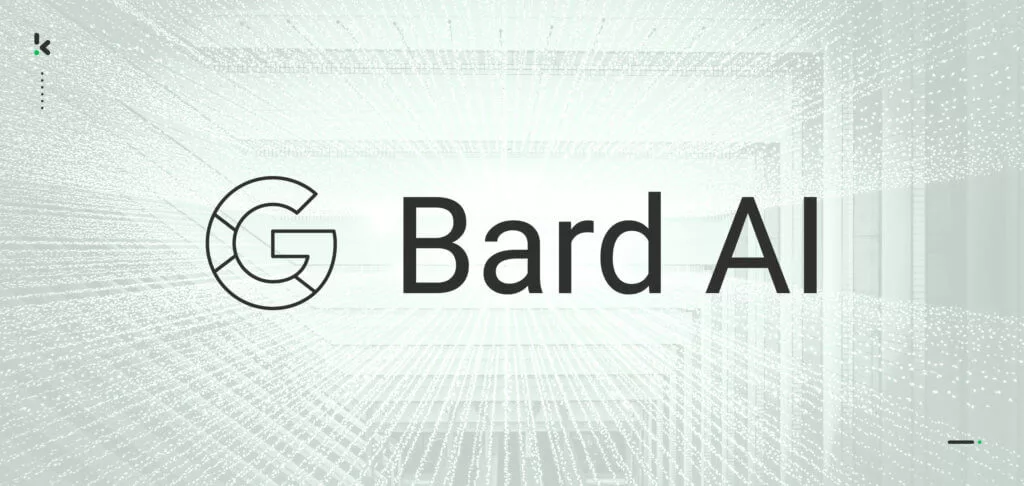
One limitation of Google Bard is its support for only three languages. This means that the chatbot is limited in its ability to understand and respond effectively in languages beyond the three supported ones. Users who communicate in languages other than the supported ones may encounter difficulties and limitations when interacting with Google Bard. Expanding language support would be beneficial in order to cater to a broader user base and provide a more inclusive and versatile chatbot experience.
What is the Solution For Google Bard Sucks?`
The limitations and challenges associated with Google Bard and chatbots as a whole are intricate and diverse. Nevertheless, there exists a range of potential solutions to enhance the accuracy, reliability, and user satisfaction of chatbots:
1. Improving Natural Language Processing
A significant limitation of chatbots is their struggle to comprehend the context and nuances of human language. To overcome this challenge, developers can focus on enhancing natural language processing techniques. By optimizing machine learning algorithms and semantic analysis, chatbots can provide more accurate and relevant responses by better understanding user queries.
2. Enhancing Data Collection and Analysis
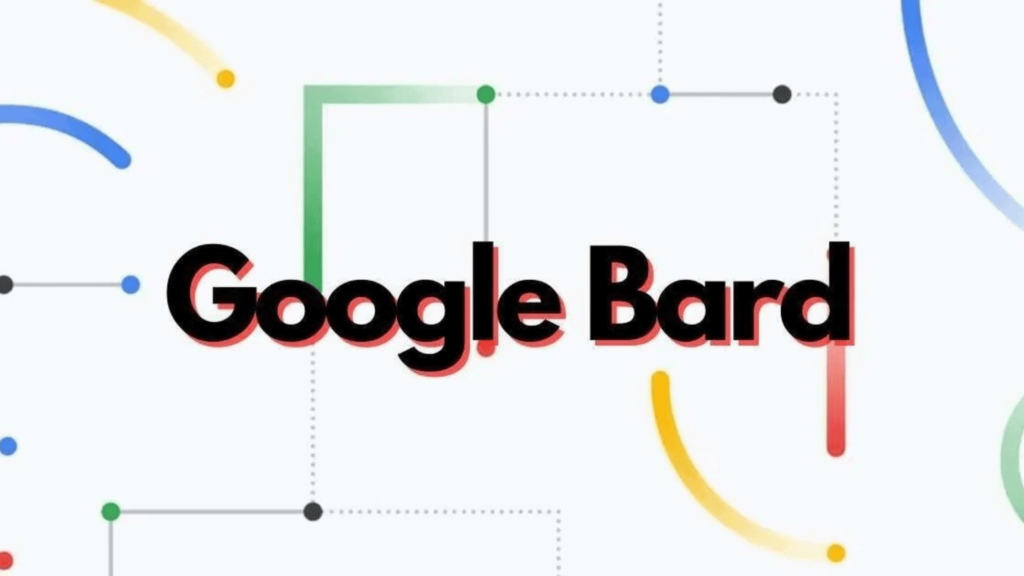
Reliable data is crucial for chatbot performance, but biases and outdated information can undermine its accuracy.
Developers have the ability to incorporate user feedback systems, enabling users to evaluate the relevance and accuracy of chatbot interactions. By ensuring the use of accurate and unbiased data, chatbots can provide more dependable responses. Detecting and rectifying biases in the data further enhances the overall accuracy of chatbot interactions.
3. Implementing User Feedback Systems
Users’ feedback is invaluable for refining chatbot responses and addressing limitations. Developers can implement user feedback systems that allow users to rate the relevance and accuracy of chatbot interactions. This feedback serves as a valuable resource for enhancing chatbot performance, improving user satisfaction, and promptly addressing any encountered issues.
4. Enhancing Privacy and Security Measures

Chatbots often handle sensitive user data, raising concerns about privacy and security. Developers can prioritize user privacy by implementing robust data security measures. Transparent communication about data collection practices and usage helps to build trust with users and assures them that their information is handled securely.
5. Developing Hybrid Solutions
Acknowledging the constraints of chatbots, developers can venture into hybrid solutions that merge chatbot technology with human interaction. By integrating chatbots for simpler queries and seamlessly transferring complex queries to human experts, users can benefit from a more personalized and accurate experience. This hybrid approach leverages the efficiency of chatbots while ensuring the human touch for more intricate or emotionally sensitive interactions.
Wrapping Up
In summary, although Google Bard has faced criticism for its limitations and issues, we should view them as opportunities for growth. By advancing technology, refining data practices, incorporating user feedback, and prioritizing privacy, the Google Bard can be transformed into a remarkable companion that provides accurate, personalized, and secure experiences.
Hope this article helped you get an idea of why Google Bard Sucks is trending on the internet!
Frequently Asked Questions
1. What are the main limitations of Google Bard?
Google Bard, like other chatbots, faces limitations such as its inability to understand context and nuances in human language, limitations in language support, challenges in handling complex queries, and occasional inaccuracies in the information provided.
2. Can Google Bard provide accurate and reliable information?
While Google Bard strives to deliver accurate responses, it is not immune to occasional inaccuracies. Chatbots rely on the data available to them, and sometimes this data may be outdated or biased, leading to less reliable information being provided.
3. How can the accuracy and reliability of chatbots be improved?
Improving natural language processing techniques, refining data collection and analysis methods, and incorporating user feedback are some of the approaches that can enhance the accuracy and reliability of chatbots like Google Bard.
4. Are there privacy concerns associated with chatbots?
Yes, privacy concerns can arise when using chatbots. Chatbots collect and store user data, raising questions about data security and potential misuse. However, efforts can be made to implement strict data security measures and promote transparency to address these concerns.
5. Is Google Bard the only chatbot facing these limitations?
No, the limitations mentioned are not unique to Google Bard. Many chatbots encounter similar challenges due to the complexity of natural language understanding and the reliance on data availability and quality.
6. Can chatbots be improved to provide a more seamless and personalized experience?
Absolutely! By continuously improving natural language processing, refining data practices, and incorporating user feedback, developers can enhance chatbot capabilities and create a more seamless and personalized experience for users.
